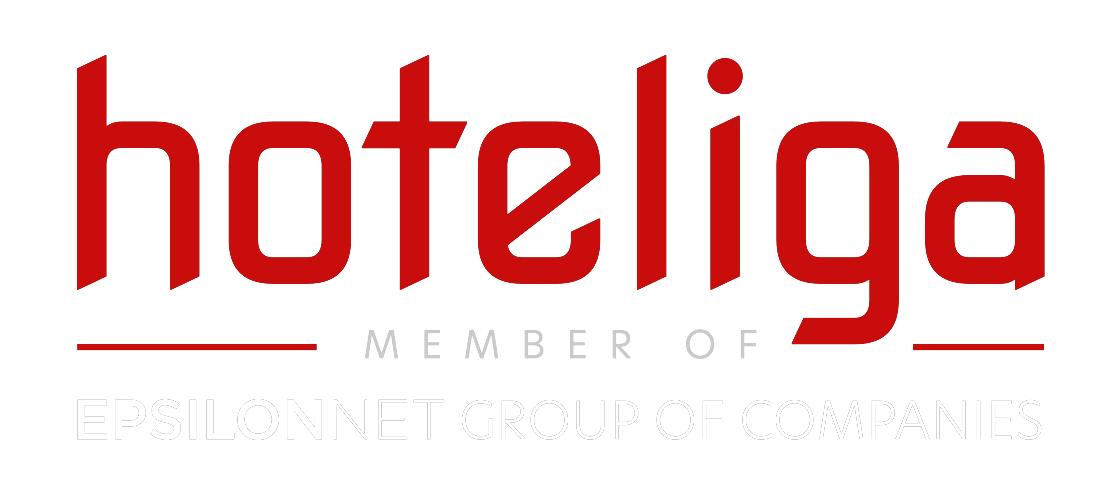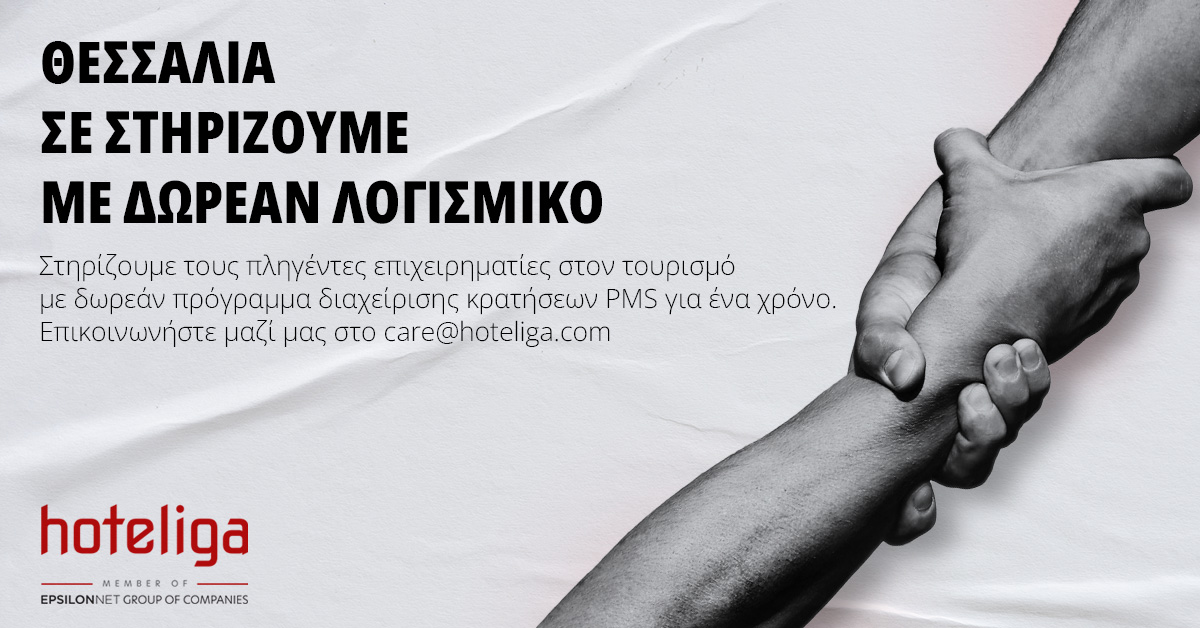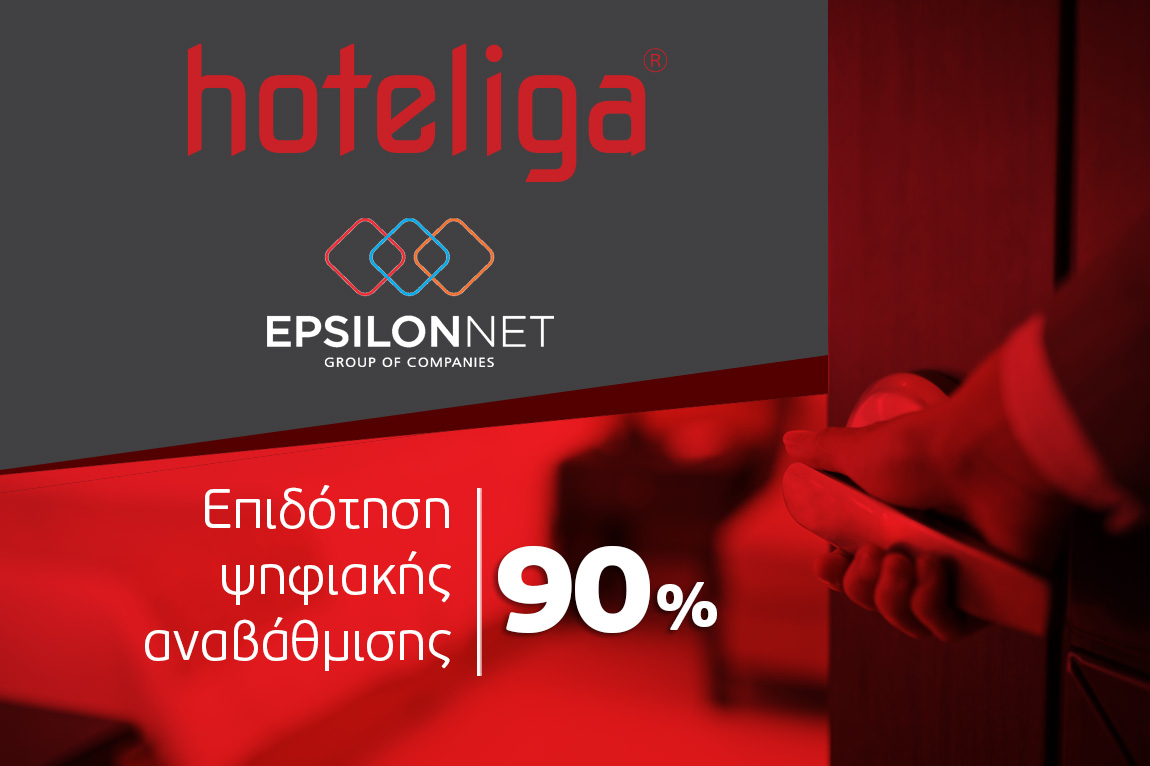
Essential Concepts to Know on Hotel Business' Data Protection
The risks of non-compliance for hotels recorded a fine of $125 million resulting from a major data breach in July 2019. Data protection for hotels is an often neglected issue that needs as much attention as it can get.
Hoteliers need to know about the basic concepts of hotel business data protection to be able to protect their business and adhere to compliance as required.
Your hotel needs to be compliant with the General Data Protection Regulation (GDPR) as the risks of non-GDPR compliance are quite high.
To get you started on your journey to your hotel's safety, here are some of the essential concepts to know on hotel business data protection.
Essential Concepts to Know on Hotel Business' Data Protection
The General Data Protection Regulation is a European Union regulation that lays the rules, roles, and responsibilities for businesses and organizations operating in the European economic area regarding data protection and privacy.
It covers the following concepts under it: personal data, data processing, data controllers, data subject, accountability, transparency, and privacy through technology design. Companies need to comply with the GDPR or they risk hefty fines and further action.
For an industry that deals with customer data on a regular basis as well as relies on serving customers to operate, GDPR compliance is extremely important for the hotel business. The high cost of achieving compliance makes it challenging and time-consuming.
We've come up with the most essential concepts to know on hotel business data protection to help you on your journey to compliance.
1. GDPR for Hotels
As an industry that has its foundation in customer care, hotel businesses are extremely susceptible to cyber threats, especially personal data thefts. The personal data definition identifies it as information that can directly or indirectly identify an individual.
Hotels deal with personal data information regularly. They store and process to be able to serve their customers better. Cybercriminals try to get ahold of this information for their nefarious gains. We talked about one such incident in the beginning.
This is why GDPR for hotels has emerged as a necessity. They can achieve it by keeping a clear record of their transactions, safeguarding their databases, and training their employees about their roles and responsibilities regarding compliance.
a) How does it impact the industry?
The hospitality industry is one such industry that both deals with customer data and serves customers in person to operate. It collects sensitive customer data through multiple modes of payment, online booking systems, and document sharing.
A large volume of customer payments is made through credit and debit cards these days. Moreover, a hotel database usually contains information such as guest names, contact details (address and phone number), and additional details such as date of birth and passport details.
All these details are over and above the payment details which often become the first set of details accrued by a hotel. Furthermore, this information is usually stored for a long term for various reasons.
Another aspect that makes hotels an easy target for cybercrime is the points at which information is collected. Client information is collected through multiple sources. These include website inquiries, third-party bookings, emails, walk-ins, and payment gateways.
All the above-mentioned points make hotels an extremely susceptible target and call for hoteliers to make sweeping changes to their security structure through GDPR.
b) Does your hotel fall under it?
Many businesses make the mistake of thinking that GDPR only applies to businesses operating in European territory. That is not true. The true classification for the application of GDPR is on the citizens of the EU.
In other words, GDPR rules and regulations apply to the data that is collected and stored about EU citizens, no matter where they are in the world. So, technically, it applies to the global hospitality sector as long as it is serving an EU citizen.
In case an EU citizen files a complaint against your hotel, you are liable to pay either 20 million Euros or 4% of your hotel business' annual global turnover, whichever turns out to be greater. This is an undeniable and hefty charge for any business, big or small.
Considering the above information, the wise thing to do, regardless of where you operate in the world and whether you serve EU citizens or not, would be to ensure sturdy compliance with GDPR and other privacy acts.
c) GDPR’s impact on your marketing
Prior to GDPR's existence, the rules regarding the collection of guest data were quite flexible. Hotels could target potential customers with multiple email campaigns and newsletters. A general, single consent could result in customers being signed up to multiple subscriber lists.
With the introduction of GDPR, hotels now need the explicit consent of a customer to record any data. They need to explain to the potential customer what data they're collecting in terms of the nature of the data, the purpose of the data, and why they need it.
They will also need to explain who is collecting the data and who will have access to it. The goal is to give the consumer absolute clarity about what the information provided by them is being used for so that they can make an informed decision about consenting to it.
Earlier, you could gather information once and then use it for multiple marketing campaigns. Now a single consent applies to a single specific purpose that you have declared in front of the consumer. This information cannot be used again for any other marketing campaign than the one you have described.
The positive of GDPR on a hotel's marketing is that hotels now proudly advertise themselves as a business that truly respects your privacy and someone you can trust with your confidential information. It helps you gain the trust of customers and put them at ease about their information.
d) Regarding your patrons
Your customers are entitled to rights when it comes to the handling of the data they provide you. They have the right to be informed about the data you're collecting from them, for how long, and what you intend to do with it.
They should also be given access to the data they've provided you and should reserve the right to edit it, although not without informing you. They can deny consent or withdraw it as per their wish regarding a piece of information.
The guest needs to be given the means to track the data you've collected from them. If the customer raises the request to delete the information pertaining to them, follow through with it and delete it right away. No backups of this information should be kept and used thereafter.
The consumer also reserves the right to transfer the data that is their courtesy. Empowering the customer by upholding their rights as an individual helps you ensure compliance in the long run. It also helps you establish transparency.
2. Transparency
To ensure compliance, you need to be clear and transparent about the collection and handling of customer data. Collect only the minimum amount of data required for every purpose. Clearly disclose to your user about the usage of the data.
Get their explicit consent to use the data and only use it for that purpose and nothing else. Dispose of the data securely once it has served its purpose. The database shall be protected and only authorized employees shall be granted access to it.
3. Train your employees
The hotel business as a whole suffers from a noticeably high turnover, making it difficult for hotels to train their staff effectively. The turnover rate in the hospitality industry in the UK is over 90%. This also opens up the possibility of cyber theft through employees.
While you cannot control the high turnover, you can train your present employees in compliance activities and protect the database from being misused by employees. Only trusted employees who have been with your hotel for a certain time period shall be allowed access to customer data.
Every single employee that joins your hotel and deals with customer information must be given basic teaching on GDPR as a part of their orientation. They need to be taught how to collect, use, and disclose personal information first and foremost.
And then about the access to information and discarding of it. Lastly, teach them about restricting access to customer information whenever need be. Employees shall not share their access IDs in the hotel database with anyone.
Empower your customers and be transparent with them to ensure compliance as a hotelier
The hospitality industry is one of the most susceptible businesses when it comes to cyber security. Its very nature involves public dealing and serving as well as collecting and processing large chunks of customer data regularly.
Be transparent in your dealings with customers. Get their explicit consent for the usage of their data and only collect the data that is necessary to your operations. Train your staff in compliance roles and responsibilities to ensure compliance in your hotel.
Let us know in the comments what you think is the best way hotels can follow compliance without it burdening their day-to-day operations.
Author bio
Atreyee Chowdhury is a freelance content writer with more than 10+ years of professional experience. She is passionate about helping SMBs and enterprises achieve their content marketing goals with her carefully crafted and compelling content. She loves to read, travel, and experiment with different cuisines in her free time. You can follow her on LinkedIn.













